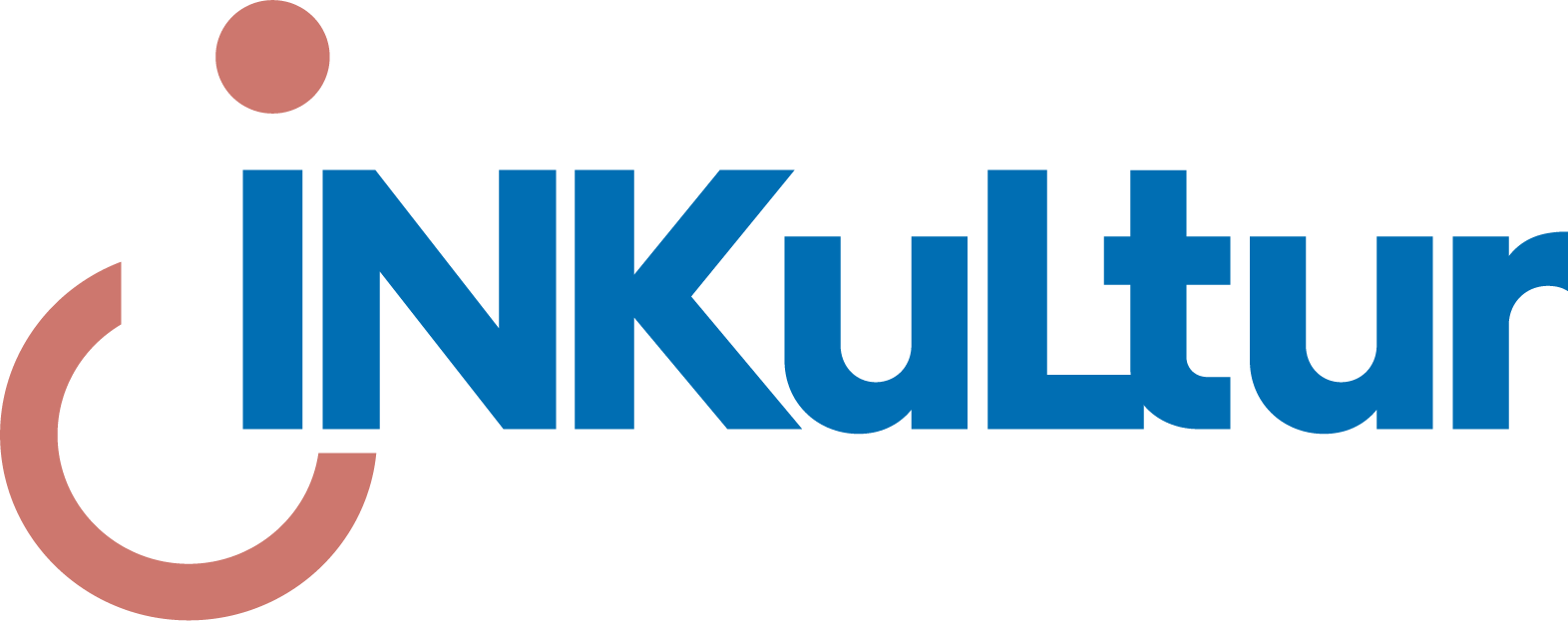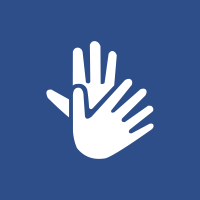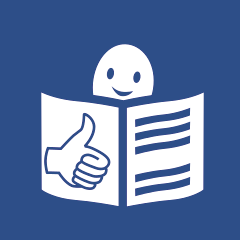INKuLtur programme and The Ukrainian Step by Step Foundation improve the accessibility of cultural institutions in Ukraine
The Ukrainian Step by Step Foundation, alongside Dialogue for Understanding e.V. (D4U), has been spearheading the “INKuLtur – For Inclusion and Participation in Cultural Life” project in Ukraine, funded by the German Federal Foreign Office, for two years. The project’s fundamental aim is to improve accessibility of cultural institutions in Ukraine for people with disabilities, ensuring their freedom to attend cinemas, concert halls, and museums, and participate fully in cultural and social life.
Now in its final stages, the project selected the Vyshhorod territorial community in the Kyiv region for implementation. After conducting field study visits, two cultural institutions were chosen: the Public Library of the Vyshhorod City Council and the Enerhetyk Vyshhorod City House of Culture, later joined by the Khotianivka House of Culture. These facilities received mini-grants to upgrade their accessibility features.
The project began with training community members on cultural institution accessibility, followed by thorough accessibility monitoring by experts from the National Assembly of People with Disabilities of Ukraine (NAPD). The surroundings were inspected and photographed, assessing the ease of movement for those with mobility impairments. Based on these findings, proposals to enhance facility access were drafted.
Notable improvements include the installation of a wheelchair platform lift and an elevator at the Enerhetyk House of Culture, along with orientation aids for the visually impaired, like information signs and mnemonic charts. The auditorium was also modified to accommodate wheelchair users.
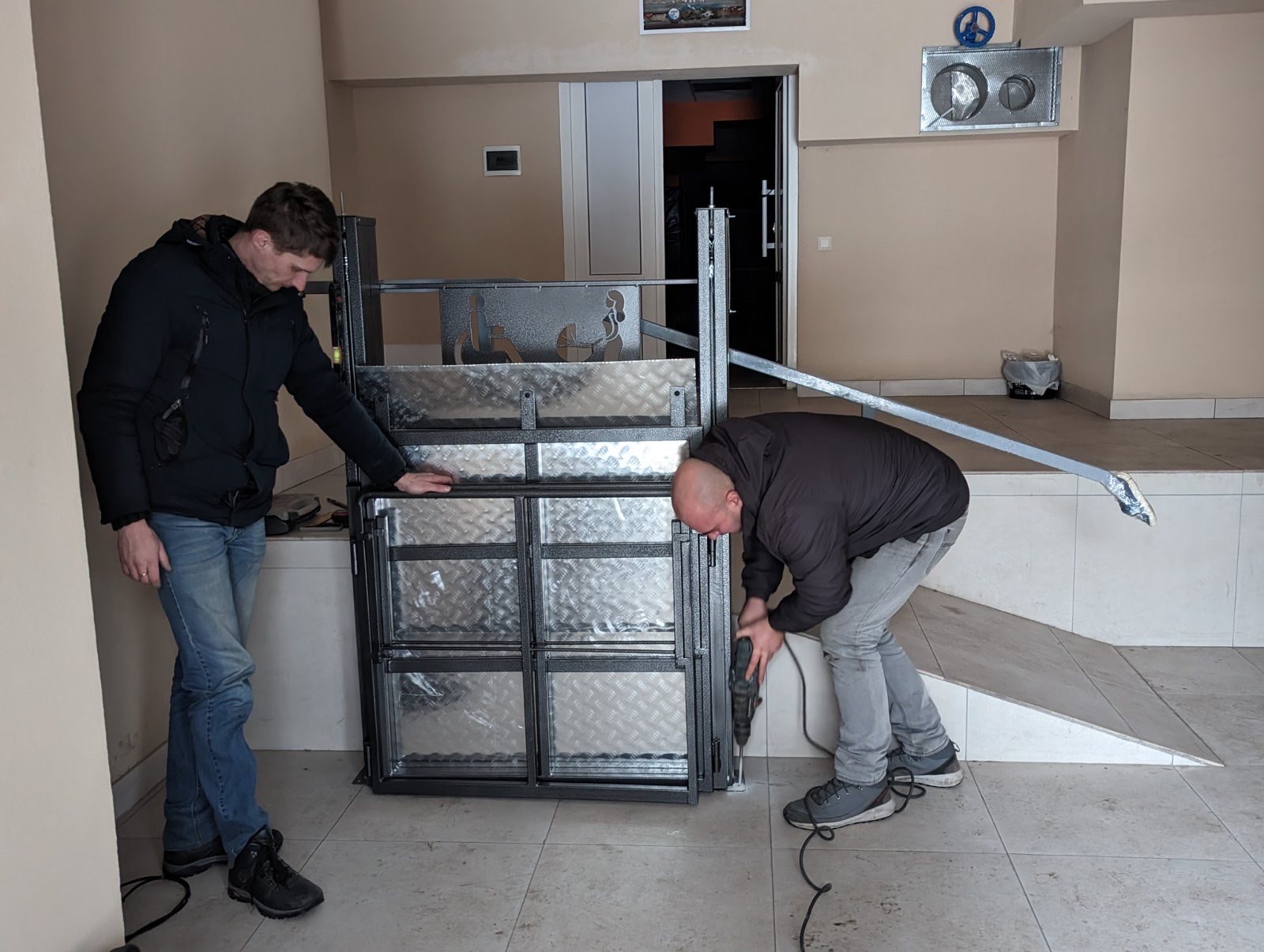
Lesia Svystun, the House of Culture director, expressed the project’s impact: “It’s a step towards reintegrating people with disabilities into full societal participation, addressing their cultural needs, fostering communication, and building new connections. Our objective extends beyond facilitating event attendance; we’re aiming to establish a photography club, host photo exhibitions, and foster collaborations. Involving children and adults with disabilities in clubs and performances is also on our agenda. Witnessing the joy of our visitors will be the ultimate testament to our collective efforts.”
Similarly, the library underwent significant modifications, including the installation of a ramp and adaptable furniture, making it easier for those with reduced mobility to navigate the space. Information signs and mnemonic charts guide visually impaired patrons.
“INKuLtur’s contribution has been transformative for our library,” reflects Larysa Kalinkevych, director of the Vyshhorod City Council Public Library. “We’ve installed a ramp, new furniture, mnemonic charts, and Braille signs, significantly enhancing access for visitors with disabilities. This has led to a 20% increase in library patronage compared to previous years.” The project’s success led to its extension to the Khotianivka House of Culture, which also saw the addition of a platform lift for disabled visitors.
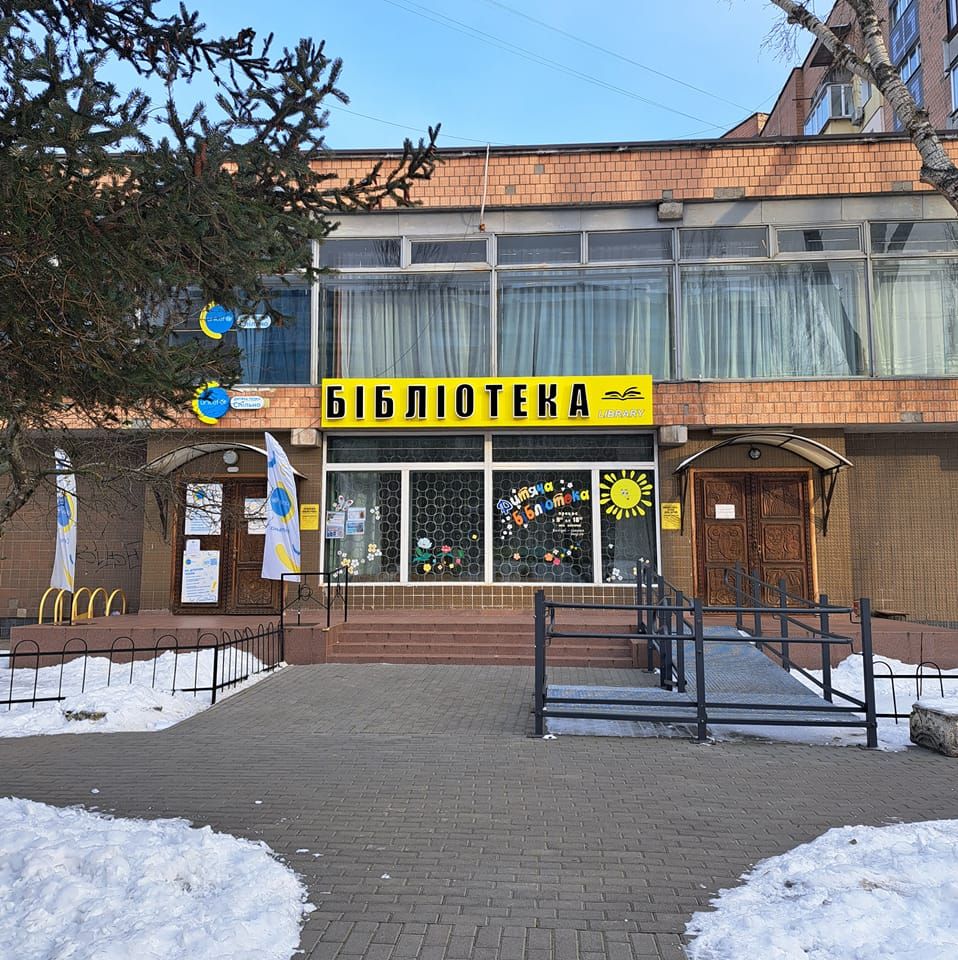
The array of training sessions, seminars, webinars, and events organized under the “INKuLtur – For Inclusion and Participation in Cultural Life” banner proved immensely educational and beneficial. Participants gained insights into serving users and readers with various disabilities.
Kalinkevych shares her experiences from a project-sponsored trip to Lviv: “It was an invaluable experience. We delved into how the Lviv community has made their institutions more accessible and inclusive. The visit to the Metropolitan Andrey Sheptytsky Museum was particularly fascinating and impressive, where Father Sevastian Dmytrukh’s tour highlighted their commendable efforts in creating an accessible environment for disabled individuals and raising awareness across Ukraine.”
The group also visited the Memorial to the Heavenly Hundred Heroes, honouring their fellow countryman, Ihor Pehenko. Their visit to the SPILNO Library was another highlight, where director
Liubov Stechynska spoke passionately about the library’s commitment to its users and showcased the facility’s compliance with accessibility standards.
The Lviv Municipal Art Centre’s diverse and cutting-edge facilities, tailored for visitors with disabilities and limited mobility, impressed the participants. Equally memorable was their visit to the Unbroken National Rehabilitation Centre, in the company of UNICAR AUTO Company’s representative, Mykhailo Didukh, who is also a city council member. This unique facility provides comprehensive medical care to war-affected adults and children, offering services ranging from prosthetics and prosthesis manufacturing to physical, psychological, and psychosocial rehabilitation. Didukh also accompanied the group to the Lviv City Council, featuring a three-floor platform lift by UNICAR AUTO.
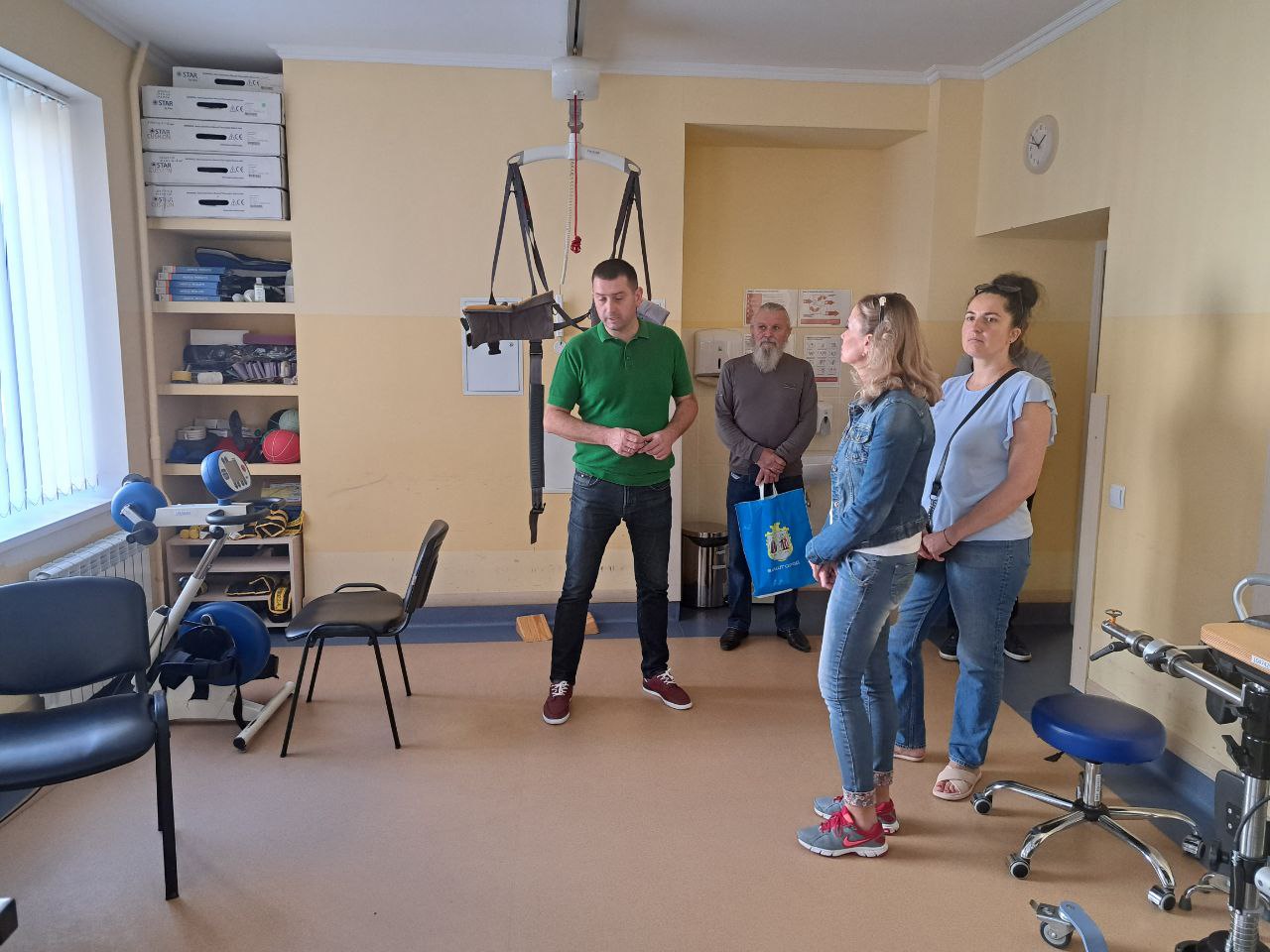
Looking ahead, Kalinkevych reveals plans for further improvements: “We’re planning to renovate the restrooms, install an elevator for second-floor access, modify entrance doors, and acquire reading aids, tactile books, and Braille literature for our visually impaired patrons.”
As the project nears completion, the Vyshhorod community has acquired priceless knowledge in enhancing the accessibility of cultural venues, striving for true inclusivity even in challenging times. Over the past year, the project has produced educational materials on the accessibility of cultural institutions in Ukraine and abroad, sharing positive experiences in cultural inclusivity, interactions between people with and without disabilities in the arts, and celebrating the achievements of disabled actors, dancers, and artists.
The “INKuLtur – For Inclusion and Participation in Cultural Life” project stands as a pivotal initiative in advancing the accessibility of cultural institutions and culture as a whole for people with disabilities, inspiring cultural entities to embrace and autonomously promote inclusion.
This publication is part of the joint project „INKuLtur – For Inclusion and Participation in Cultural Life“ implemented in Ukraine by the Ukrainian Step by Step Foundation and Dialogue for Understanding e.V. (D4U) funded by the German Federal Foreign Office.
„The D4U e.V. is responsible for the content of this publication. It does not necessarily reflect the views of the Federal Foreign Office.”
